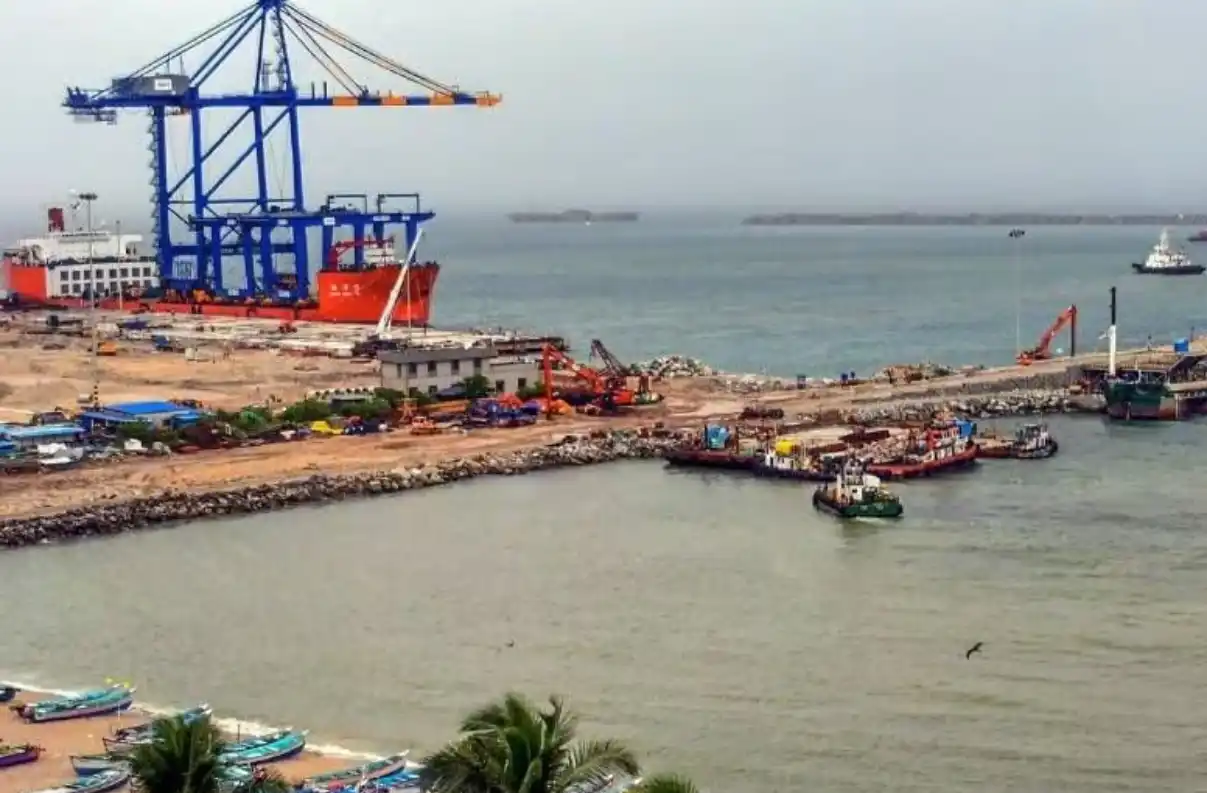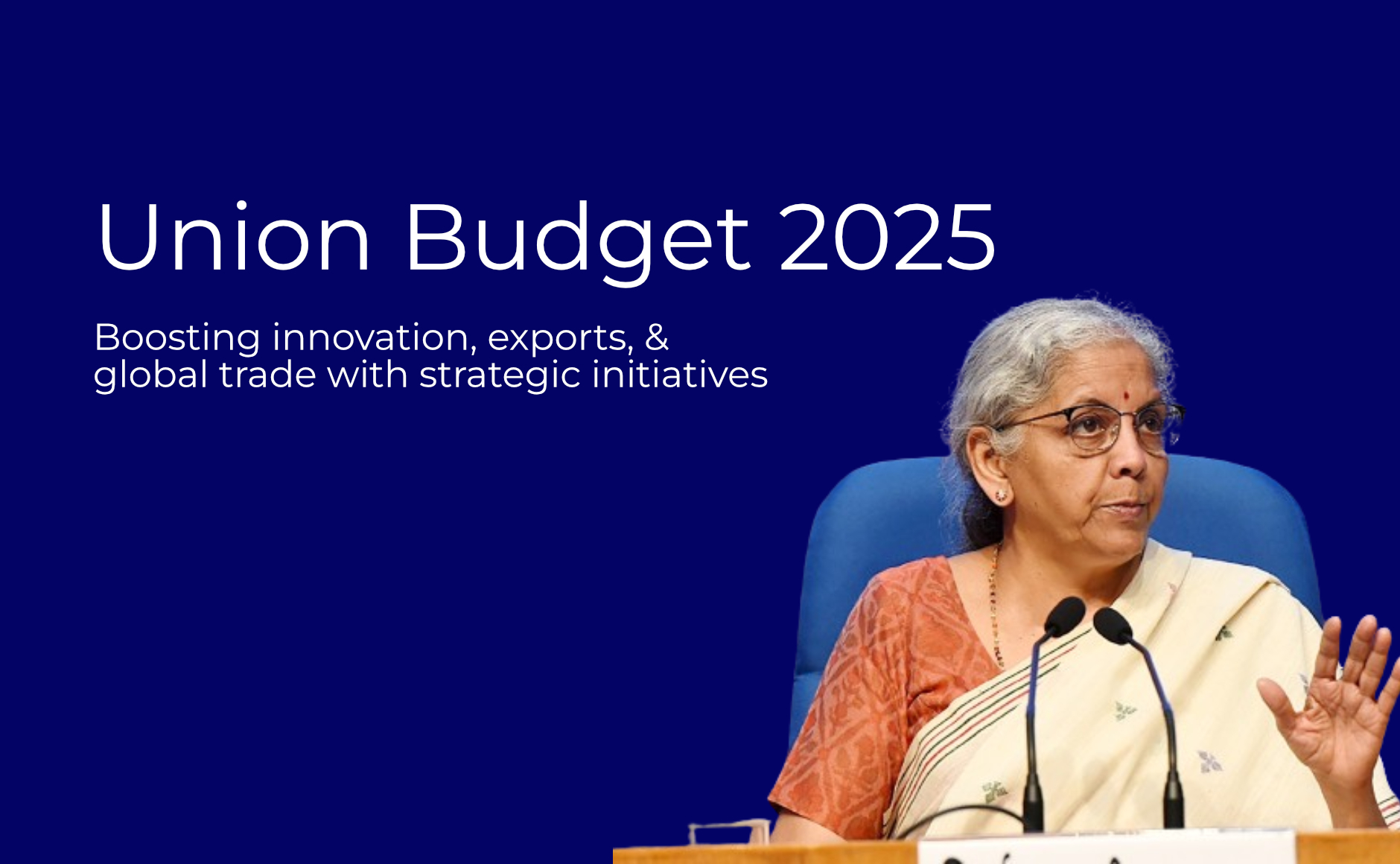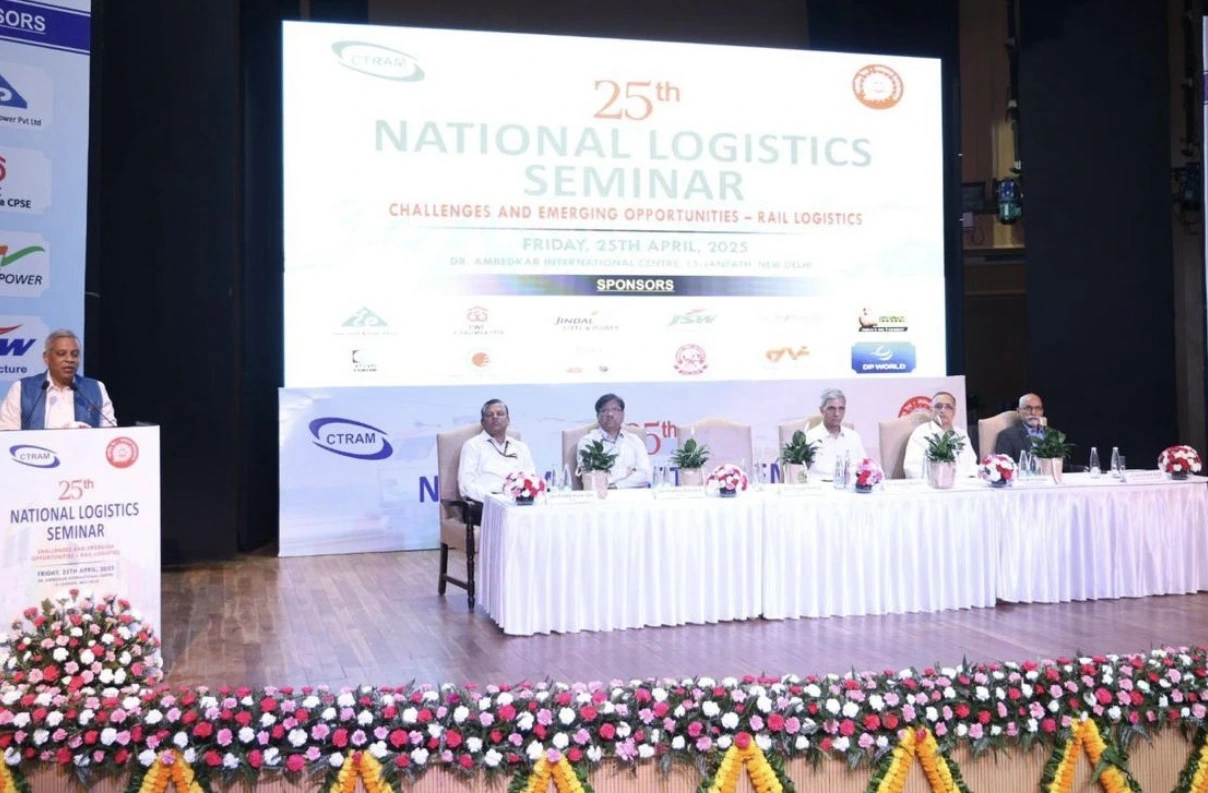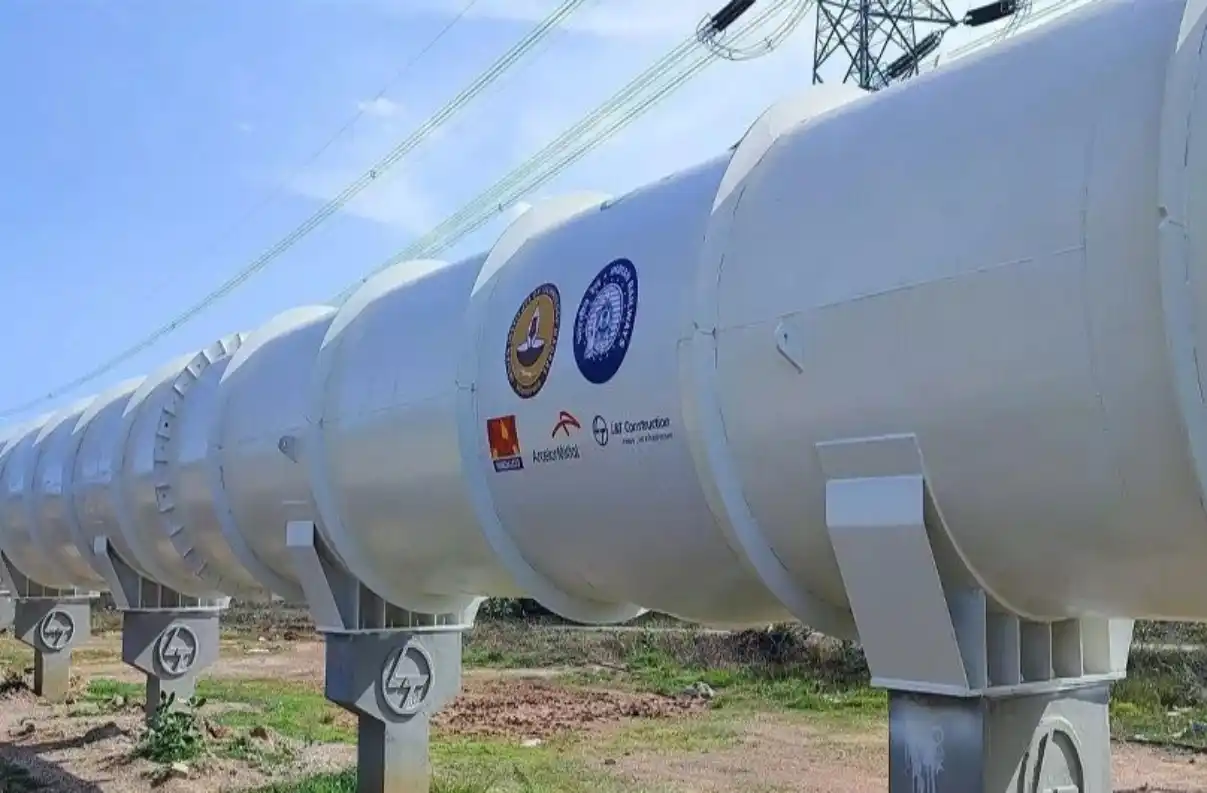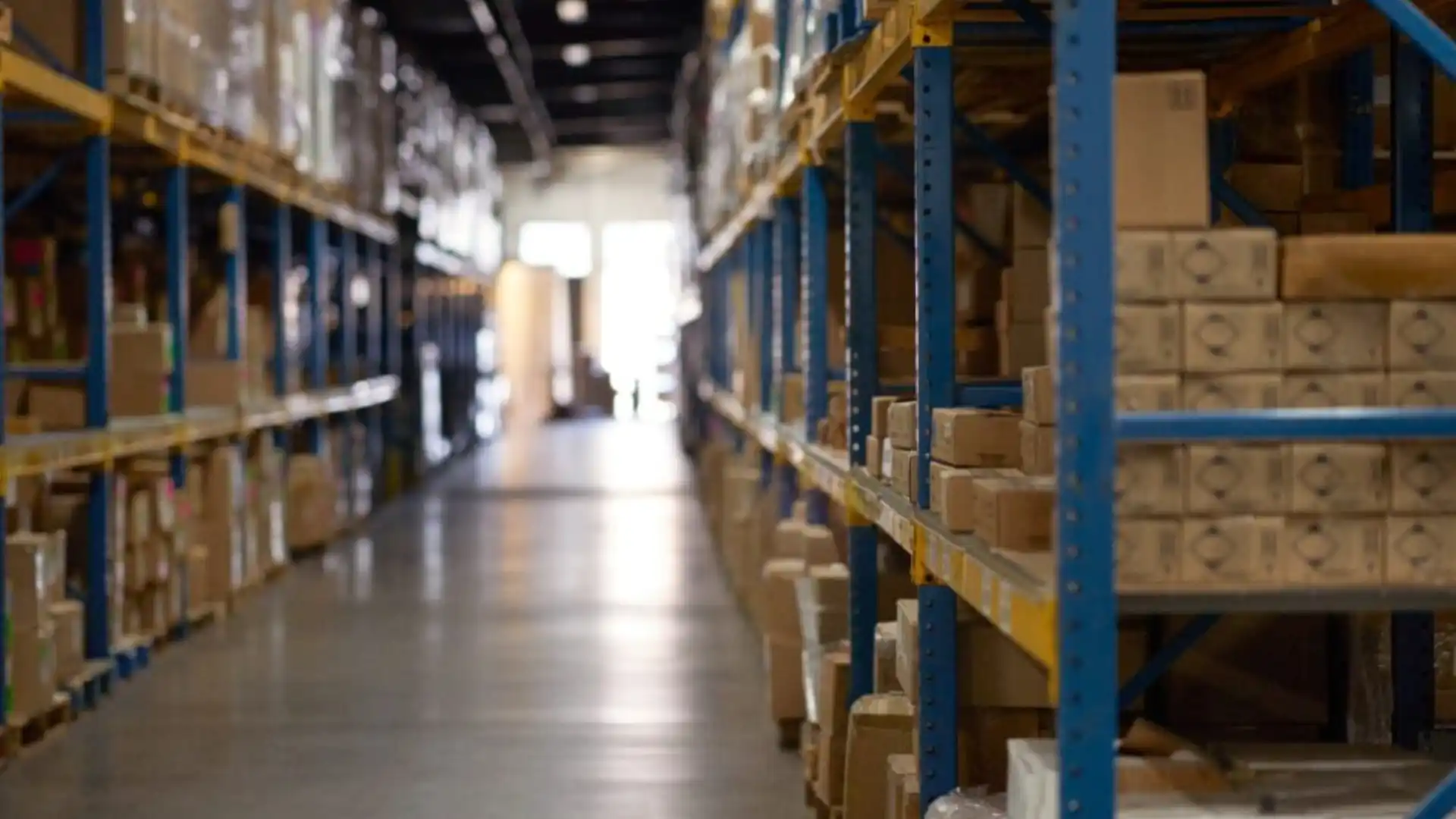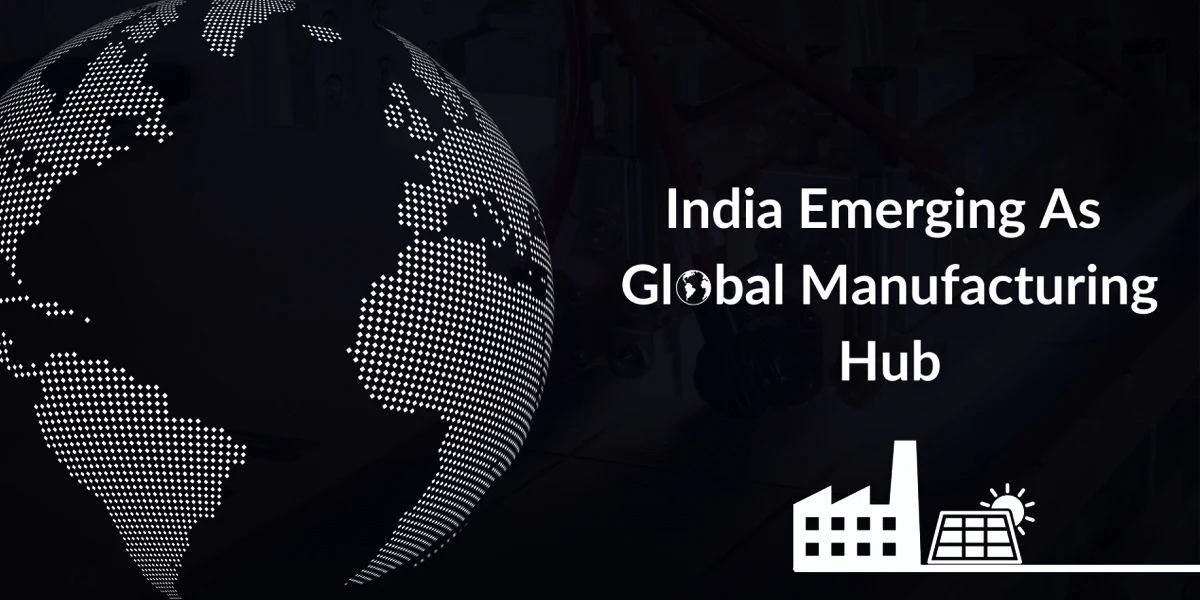India's Electronics Supply Chain Challenges India's ambitious drive to become a global hub for electronics manufacturing could face significant headwinds with Donald Trump’s return to the U.S. presidency. His policies, known for their America-first stance, could alter global trade dynamics, including the electronics supply chain, where India has positioned itself as a key player. The Impact of Protectionist Policies Trump's return might reinvigorate protectionist policies aimed at boosting U.S.-based manufacturing. These measures, such as higher tariffs on imported goods and a push for reshoring production, could disrupt the current global supply chain networks. India, which has been vying to attract global electronics giants through initiatives like the “Make in India” and “PLI (Production-Linked Incentive) Scheme,” may find itself navigating a more challenging trade environment. For example, U.S.-imposed tariffs on imports of electronic components could increase costs for Indian manufacturers relying on raw materials or sub-assemblies from the U.S. Moreover, any restrictions on technology transfer or stricter regulations on cross-border data flows might slow India’s progress in electronics innovation. India’s Role in the Global Electronics Ecosystem India has made strides in building its electronics manufacturing ecosystem, particularly in sectors like smartphones, semiconductors, and consumer electronics. Companies like Foxconn and Pegatron have established manufacturing bases in India, and the country has become the
The only supply chain registration you need
Unrivaled context behind every news and article for free.
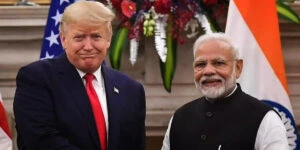
 Anamika Mishra
Anamika Mishra 